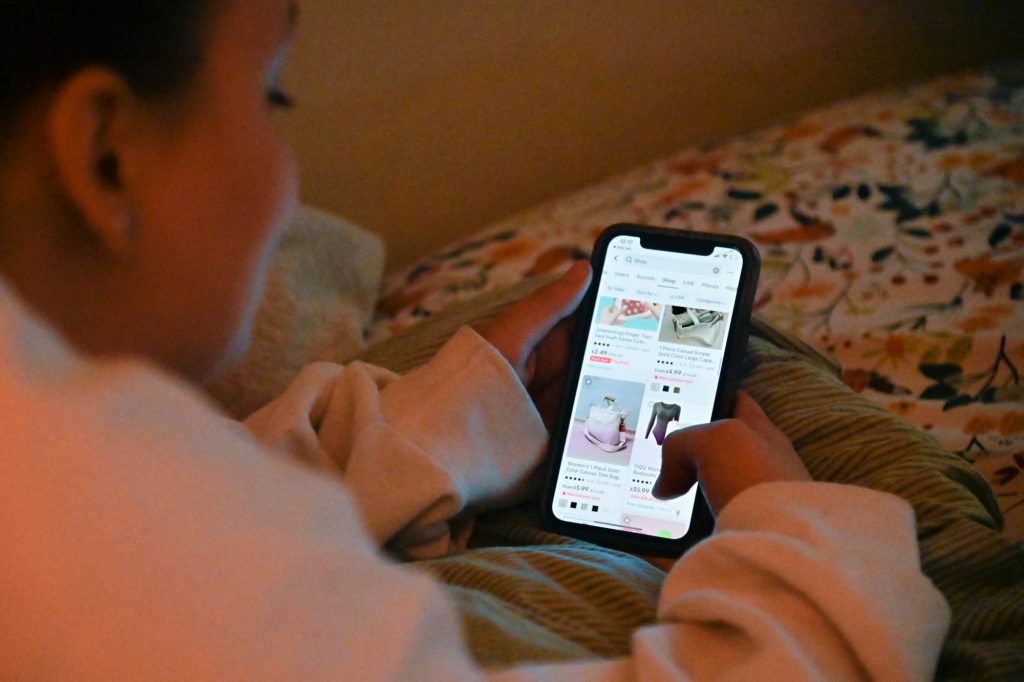Can TikTok Shop turn cultural trendsetting into sales?
Can TikTok Shop turn cultural trendsetting into sales?
The popular mobile app launched a new e-commerce feature, allowing every user in the United States to make purchases without leaving the app.

TikTok attempted to win over marketers in early September as part of New York Fashion Week, decorating the East Village restaurant Cathédrale with a video wall showcasing clothing trends and mannequins adorned with outfits popularized by the app.
The mobile video app has already established itself as a potential advertising platform for companies aiming to target Generation Z. Yet at the Fashion for You event, marketers were presented with an entirely new ballgame: selling products directly on the app.
After about a year of testing, TikTok officially launched TikTok Shop for all users in the United States. The launch includes a rollout of their Shop button, which sends users to specific marketplaces.
According to TikTok’s e-commerce co-executive Nico Le Bourgeois, the TikTok algorithm is actively pushing videos adorning an orange Shop button into users For You page, which is the personalized feed of content that acts as the app’s home screen. TikTok has already signed up 200,000 sellers to TikTok Shop and over 100,000 creators have agreed to make videos featuring the Shop button.
While TikTok’s fine-tuned algorithm may be prompting some users to use the Shop feature, Syracuse University sophomore and entrepreneur Holly Anderson feels annoyed with this abundance of consumer content.
“I absolutely feel as if my whole ForYou page is now ads, even though I don’t interact with them,” Anderson said.
Anderson launched her clothing company Awkward Fish in July in to showcase her art online. Through Awkward Fish, Anderson aims to re-purpose secondhand clothing with unique screen-printed designs. As an environmentally conscious artist, she views TikTok Shop as a potential contributor to aimless consumption.
“Creators who are on that platform are very much mass producers and drop shippers,” Anderson said. “All the merchandise I see being promoted by influencers is very cheaply manufactured and obviously exploits foreign labor.”
As someone who has built a consumer audience based on sustainability, Anderson also believes selling her items on TikTok Shop would only “piss off” her existing customers.
Turning an app into a different kind of revenue stream isn’t a new concept, but it is a venture that other social networking platforms, including Instagram, have largely not succeeded at. The Meta-owned app attempted to roll out a Shops feature that was removed in 2022, resulting in the company focusing solely on direct ad revenue.
Patrons of TikTok Shop, including SU senior Evan Butow, expressed more trust in TikTok’s ability to launch an in-app purchasing service as compared to other apps.
“I think I’d be more likely to buy something from TikTok,” Butow said. “I don’t think I’ve ever bought something off Instagram. Products look sketchier for the price they are being advertised at.”
Lilah Ali, SU sophomore and micro-influencer, emphasized the effectiveness of TikTok’s individualized advertising.
“Instagram also has an algorithm, but I think TikTok takes its algorithm to a whole new level,” Ali said. “You really get products tailored to your interests.”
Ali currently runs a storefront on Redbubble, a third-party service where artists post their designs and receive a 20% commission on any products sold that are adorned with their work. However, she expressed doubts about successfully expanding her designs to TikTok Shop.
“If I post a video selling something that took me a long time, nobody on TikTok is going to want it,” Ali said.
